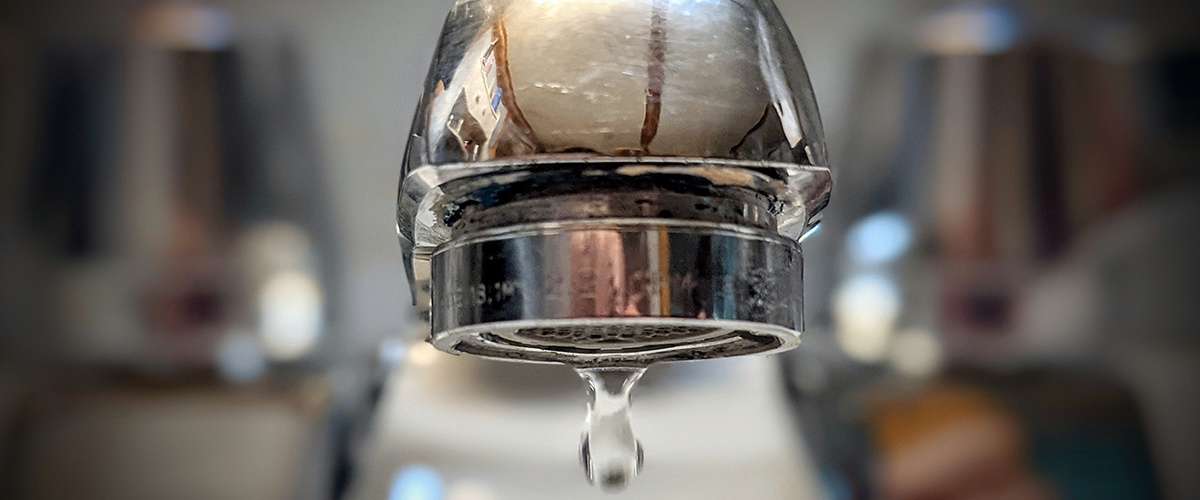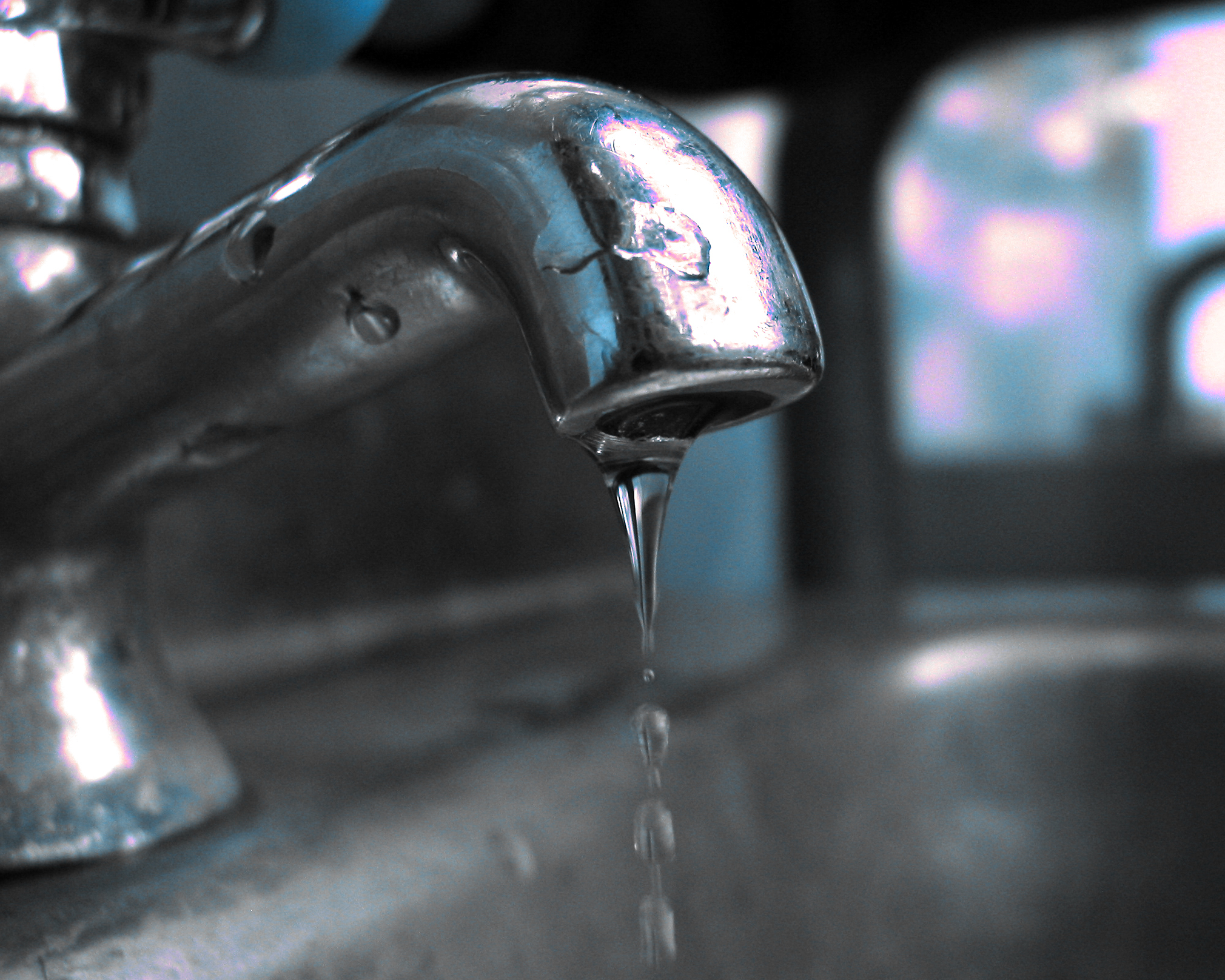When It's Essential to Resolve a Leaking Faucet
Schedule Appointment NowHere below yow will discover a good deal of superb insight regarding 4 Common Reasons for a Leaky Faucet.

Leaking faucets may appear like a small hassle, but their impact goes beyond just the aggravation of the noise. From wasting water to sustaining unnecessary economic prices and health threats, ignoring a trickling faucet can result in different consequences. In this article, we'll explore why it's critical to resolve this usual home issue quickly and effectively.
Wastefulness of Water
Environmental Effect
Dripping taps contribute dramatically to water waste. According to the Environmental Protection Agency (EPA), a single tap dripping at one drip per second can throw away more than 3,000 gallons of water each year. This not just strains water resources however additionally impacts ecosystems and wildlife based on them.
Financial Expenses
Raised Water Costs
Past the ecological impact, dripping faucets can inflate water bills considerably. The gathered wastefulness with time converts right into greater utility expenses, which could have been avoided with prompt fixings.
Potential Residential Property Damage
Furthermore, prolonged trickling can cause damage to components and surface areas surrounding the tap. Water accumulation can cause discoloration, rust, and even architectural problems if left neglected, leading to additional repair service costs.
Health and wellness Concerns
Mold And Mildew and Mold Development
The constant existence of dampness from a leaking tap develops an optimal setting for mold and mildew development. These fungis not only compromise indoor air top quality however also pose health and wellness dangers, specifically for individuals with respiratory system conditions or allergies.
Waterborne Illness
Stagnant water in leaking taps can come to be a breeding ground for bacteria and various other pathogens, increasing the threat of waterborne conditions. Impurities such as Legionella germs prosper in stationary water, possibly bring about serious diseases when consumed or inhaled.
Do it yourself vs. Specialist Repair
Pros and Cons of Do It Yourself Repair Work
While some may try to take care of a dripping tap themselves, DIY fixings include their very own collection of obstacles. Without appropriate expertise and tools, do it yourself efforts can worsen the issue or result in insufficient repairs, extending the trouble.
Advantages of Hiring an Expert Plumber
Working with a specialist plumber ensures that the underlying reason for the leaking tap is resolved effectively. Plumbing technicians have the experience and equipment to detect and repair faucet issues efficiently, conserving time and lessening the danger of further damage.
Step-by-Step Overview to Dealing With a Dripping Tap
Devices Needed
Before trying to repair a dripping tap, collect the needed devices, including a flexible wrench, screwdrivers, replacement components (such as washing machines or cartridges), and plumber's tape.
Usual Faucet Issues and Their Solutions
Recognize the type of tap and the specific problem causing the drip. Typical problems consist of damaged washers, rusty shutoff seats, or defective O-rings. Refer to producer directions or online tutorials for detailed assistance on fixings.
Safety nets
Regular Upkeep Tips
To prevent trickling faucets, execute routine upkeep such as cleaning up aerators, inspecting for leakages, and replacing worn-out components quickly. Furthermore, consider setting up water-saving gadgets or updating to more effective components.
Importance of Prompt Repairs
Attending to dripping faucets as quickly as they're noticed protects against further water wastage and possible damages, eventually saving both water and cash in the future.
Effect On Building Worth
Understanding of Well-Maintained Residential Or Commercial Property
Preserving a home in good condition, consisting of addressing maintenance problems like leaking faucets, improves its perceived value and value amongst potential purchasers or lessees.
Influence on Resale Value
Properties with well-kept plumbing components, including taps, command greater resale values in the property market. Addressing dripping faucets can contribute to a positive perception during building examinations and arrangements.
Ecological Duty
Specific Payment to Preservation
Taking duty for dealing with trickling faucets straightens with broader initiatives towards water conservation and environmental sustainability. Every person's actions jointly make a significant influence on protecting precious resources.
Lasting Living Practices
By focusing on punctual repairs and embracing water-saving routines, individuals contribute to sustainable living practices that benefit both present and future generations.
Conclusion
Addressing a trickling tap exceeds mere ease; it's a vital step toward conserving water, reducing economic expenses, and protecting health and property. Whether via DIY fixings or professional help, doing something about it to fix leaking faucets is a tiny yet impactful means to promote accountable stewardship of resources and add to a healthier, more lasting future.
How to Fix a Leaky Faucet: Step-by-Step Repair Guide
A leaky faucet may seem like a simple annoyance, but if it's not fixed promptly, that leak could cost hundreds to potentially thousands. From water damage to mold, mildew, and high water bills, even a tiny leak can be catastrophic if left unattended. Damage like this can even affect the overall value of your home, so it's important to take the right approach for leaky faucet repair. You may need the help of a plumber in some cases, but we've got a few tips you can try on how to fix a leaky faucet before calling the pros.
Four Faucet Types
When you're learning how to fix a leaky faucet, the first step is knowing what kind of faucet you're working with! There are four common types.
Cartridge Faucets
Cartridge faucets come in one- or two-handled varieties. In one-handled cartridge faucets, hot and cold water combines in a single cartridge. In the two-handled versions, hot and cold water are controlled separately and mixed in the faucet.
Ball Faucets
Ball faucets have a single lever you push up and down to adjust the pressure and rotate to change the temperature. A slotted metal ball controls the amount of water allowed into the spout.
Compression Washer Faucets
They're the oldest type of faucet, but they're still used in many homes — especially older ones. Compression faucets have two separate handles that, when turned, raise or lower the washer that seals a water valve. This valve stops water from flowing through the faucet when it is turned off.
Disc Faucets
Disc faucets rarely need to be repaired due to their maintenance-free design. The water flow is controlled by two discs — the upper one raises and lowers against a fixed lower disc, creating a watertight seal. If your disc faucet starts leaking, you may need to replace the seals or clean residue buildup from the inlets.
Fixing a Leaky Faucet
Step 1: Turn Off the Water
Whether you're learning how to fix a leaky bathtub faucet or how to fix a leaky kitchen faucet, always turn off the water supply to your working area when you're fixing a leak. The last thing you want is a flood added to your list of things to fix.
Look for the shutoff valves below your sink or around the tub and turn them clockwise to stop the water flow. If your faucet doesn't have shutoff valves, you may need to turn off the water for the whole house. Check to make sure it's off by turning the faucet on. If nothing comes out, you're ready to start the repair.
Step 2: Take Apart the Faucet
How you disassemble your faucet depends on the type of fixture you have. You can use a flathead screwdriver to remove the caps on top of the handle or handles for cartridge and compression faucets. Inside, you should see handle screws. Unscrew these with a screwdriver to remove the handle.
Disc- and ball-style faucets will typically have an inlet screw near the handle, and removing that will reveal the interior of the faucet.
Detach the Valve Stem
For cartridge- and compression-style faucets, you'll see the inner valve stem or cartridge once you remove the faucet handles. If you have a compression faucet, unscrew the brass valve stem. If you have a cartridge faucet, pull out the cartridge. If your cartridge has been in place for a while, it may require some tools or extra force to remove it due to mineral deposits.
Examine and Replace Parts
Once you've removed the parts, check them out to confirm what needs to be replaced. You may see corroded rubber washers, O-rings, stems, or cartridges. On a ball-style faucet, check the seats and springs for damage.
If you need to repair a leaky disc faucet, check the inlet and seals on the lower disc.
Once you determine what parts must be replaced, visit your local hardware store. Bring the damaged parts with you to ensure you can purchase the correct components to replace them.
Clean Valves and Faucet Cavity
If you've removed a stem or cartridge, you may notice mineral buildup in the faucet's threads. Use white vinegar to clean the valve seat by soaking it for a few minutes, then scrub it away with a soft toothbrush and rinse with warm water. You can also clean the interior of the faucet in the same way.
Reassemble the Faucet
Once your faucet is cleaned and the required parts have been replaced, it's time to reassemble it. Put the pieces back together and slowly turn the water supply back on. Doing this slowly is crucial because too much initial water pressure can damage the new hardware you've just installed.
https://homewarranty.firstam.com/blog/how-to-fix-leaky-faucet

I'm certainly very enthusiastic about Why Is It Important To Fix Your Leaking Tap/Faucet? and I hope you appreciated the entire blog posting. Sharing is caring. Helping others is fun. Many thanks for your time spent reading it.